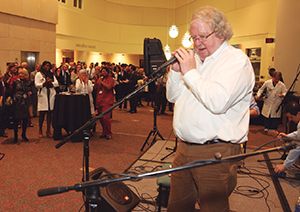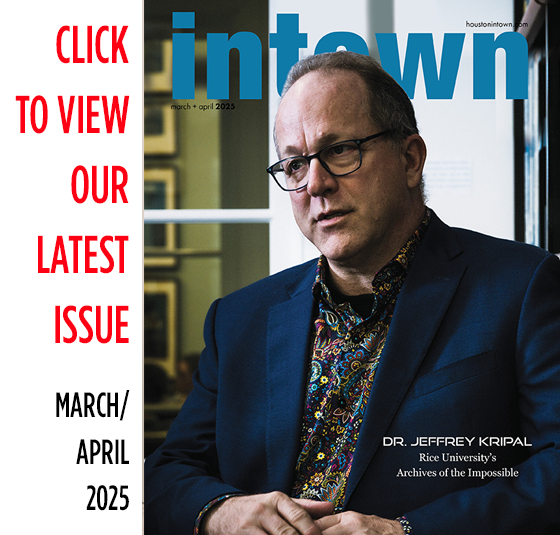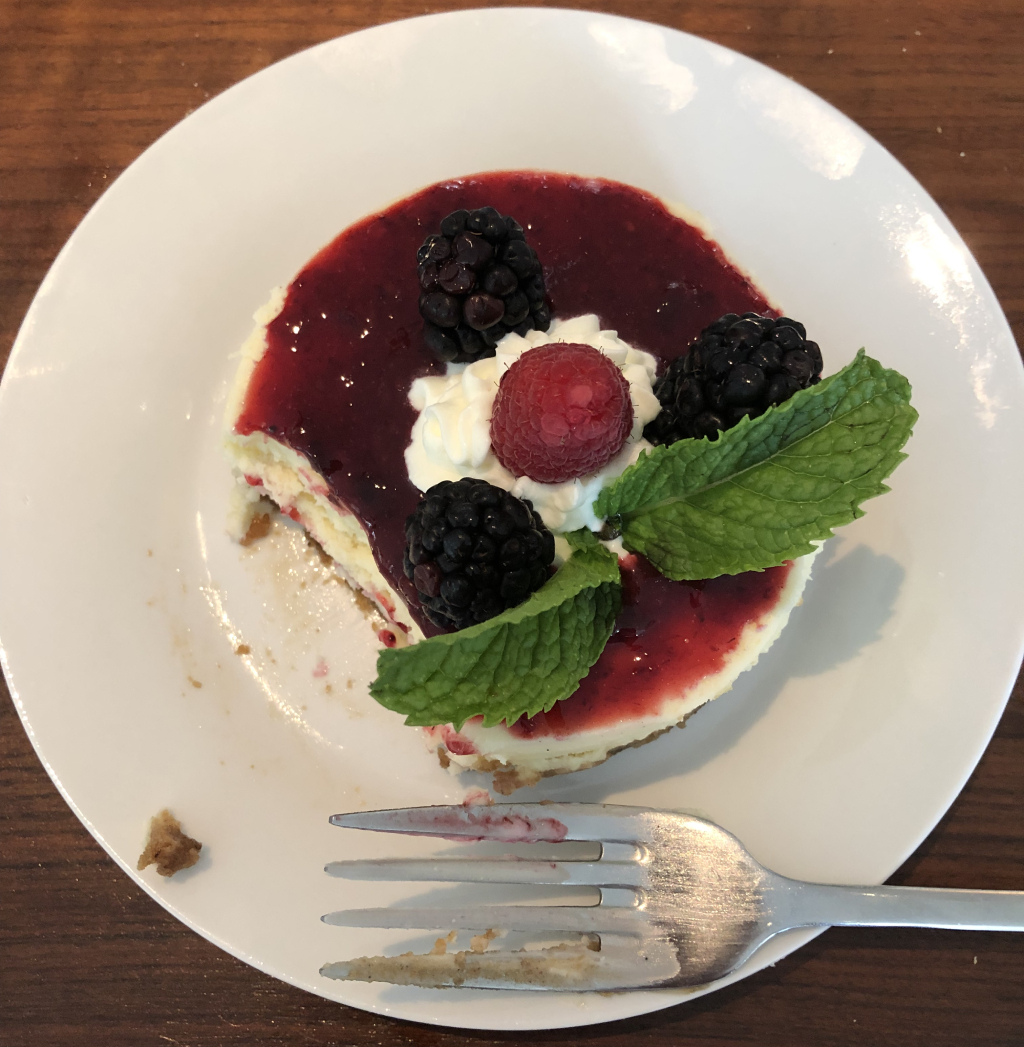
The University of Texas MD Anderson Cancer Center’s tagline is Making Cancer History. A couple of years ago the double entendre may have sounded a bit pretentious but not any more. Because MD Anderson is on the verge of making cancer history and possibly curing cancer.
And it’s all thanks to a groundbreaking program dubbed Moon Shots. Begun in 2012, and named after President Kennedy’s challenge to put a man on the moon in a decade, the program has brought some of the best and brightest minds to Houston and the results have been nothing less than remarkable.
Jim Allison, Ph. D., is the main person behind the breakthrough technology at MD Anderson. He started out as a small town Texas boy, but in middle school he attended summer programs at The University of Texas at Austin that sparked his interest in science and research. In the 1990s his research at the University of California, Berkeley, he was the first person to isolate the T-cell antigen receptor complex protein, led to the development of the drug Yervoy, approved in 2011 as a treatment for late-stage skin cancer.
In layman’s terms, he treats the immune system, not the tumor. His research has shown that cancer cells activate CTLA-4, an off switch for T-cells in the body’s immune system. By rebooting the immune system you kick it into overdrive to fight the cancer cells. For melanoma patients the use of Yervoy can lead to a decade of remission, something previously unheard of.
Imagine a way to treat cancer without the side effects of radiation or chemotherapy, simply taking drugs that make your own body destroy the cancer cells.
Today Allison continues his work in tumor immunotherapy as Professor and Chair of Immunology and the director of Immunotherapy platform of Moon Shots at MD Anderson. Late last year he won the $3 million Breakthrough Prize in Life Sciences, sponsored by, among others, Facebook founder Mark Zuckerberg.
At the time he said: “I’m honored and exhilarated to receive this generous award established by the founders of the Breakthrough Prize in Life Sciences Foundation. My profound thanks go to them for recognizing my own work and for establishing this prize to promote research, celebrate scientists and to generate excitement about careers in science.”
Part of the prize money will be used for a program for high school students and college undergrads to foster their interest in biomedicine, just as his interest was encouraged in his youth.
Allison has said that because “checkpoint blockade” is not tumor specific it can be used to fight cancers other than melanoma. Currently, the Moon Shots Program is also focusing on breast and ovarian cancer, two types of leukemia, lung and prostate cancer.
The Breakthrough Prize was hardly his first award, nor will it be Allison’s last. Earlier this year he was awarded the 2014 Szent-Györgyi Prize for Progress in Cancer Research from the National Foundation for Cancer Research.
“Dr. Allison’s work has already saved numerous lives and shines a bright light on a future direction of oncology,” said Alex Matter, M.D., CEO of Experimental Therapeutics Centre & D3, A*STAR in Singapore and winner of the 2013 Szent-Györgyi Prize.
The Moon Shots Program combines research with drug company collaborative agreements for preclinical and clinical trials to extend cancer patients lives.
“Jim Allison is a brilliant basic scientist who rigorously pursued his curiosity about the biology of T cells, leading to remarkable discoveries and a truly disruptive approach to treating cancer,” MD Anderson President Ron DePinho, M.D., said.
Could Dr. Allison be on his way to becoming the next Houstonian to win a Nobel Prize? Maybe. But more importantly is MD Anderson on the way to making cancer history?
Q & A with Dr. Allison
What has had the most influence on your life? I’ve always wanted to know how things work. My father was a doctor in Alice, Texas, and as a doctor, you can’t make mistakes. Scientists make mistakes all of the time. You go back and do another experiment. Scientists only need to be right some of the time – preferably about something important. Also, my family has suffered greatly from cancer – my mother, a brother and other relatives died of the disease.
What made you go into the field of immunology after it had such enormous promise and then a big drop off by researchers as a possible answer to cancer? I was fascinated by the complexity and versatility of immune response and wanted to learn the details of how it functions. That was the challenge, I didn’t set out to develop a cancer treatment. It’s important to remember that checkpoint blockade emerged as a cancer therapy only because we first uncovered the basic science of the biology and function of T cells – the immune system’s attack cells. People sometimes don’t understand the essential value of basic science research.
During your years of research was there an aha moment or something similar? When we thoroughly demonstrated that a molecule on T cells called CTLA-4 shuts down an immune response, it occurred to me that blocking CTLA-4 might allow T cells to attack cancer cells. T cells had been found in tumors for decades, so we knew the immune system tries to destroy cancer. Next, we treated mice that had cancer with the antibody I developed to block CTLA-4. The results of this immune checkpoint blockade were dramatic – treated mice lived, untreated mice died.
Will this eventually lead to a cure for cancer or decrease early mortality rates? Ipilimumab is decreasing mortality in late-stage melanoma patients right now. About 22 percent live for three years or longer, and certainly some of those have been in remission for so long – up to 13 years – that they could be considered cured. Since this approach treats the immune system, rather than a specific tumor type, it’s applicable across cancers.
What are you looking forward to now? Increasing the impact of immunotherapy by applying it to more types of cancer and by identifying efficient combinations of checkpoint inhibitors with other cancer treatments. The field is really just beginning. More immunotherapy targets have been identified and new drugs are in the pipeline.
What are your favorite things about Houston? It’s great to be back in Texas with the opportunity to lead a unique cancer immunotherapy effort at MD Anderson that will play a significant role in the further development of immunotherapy to benefit cancer patients.























